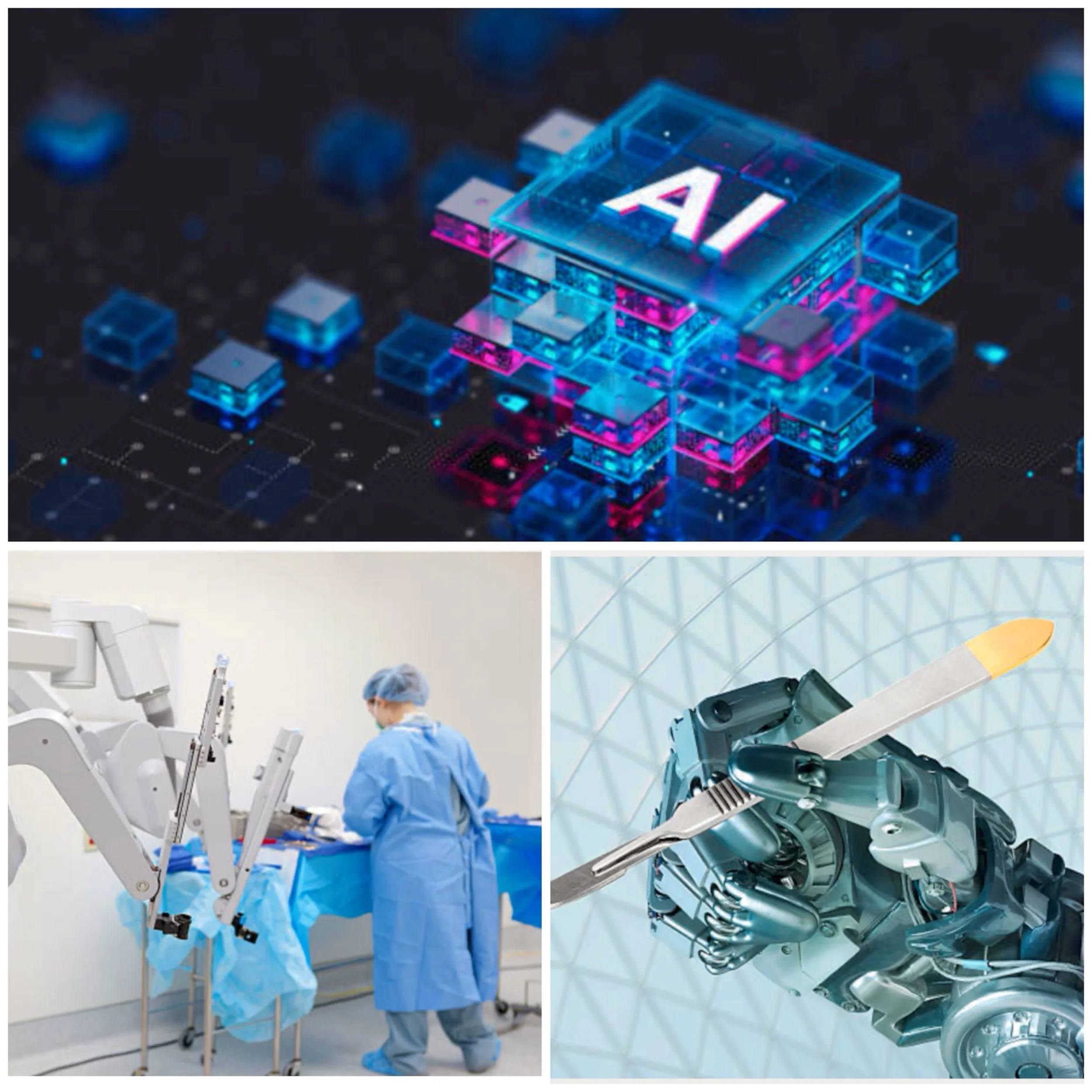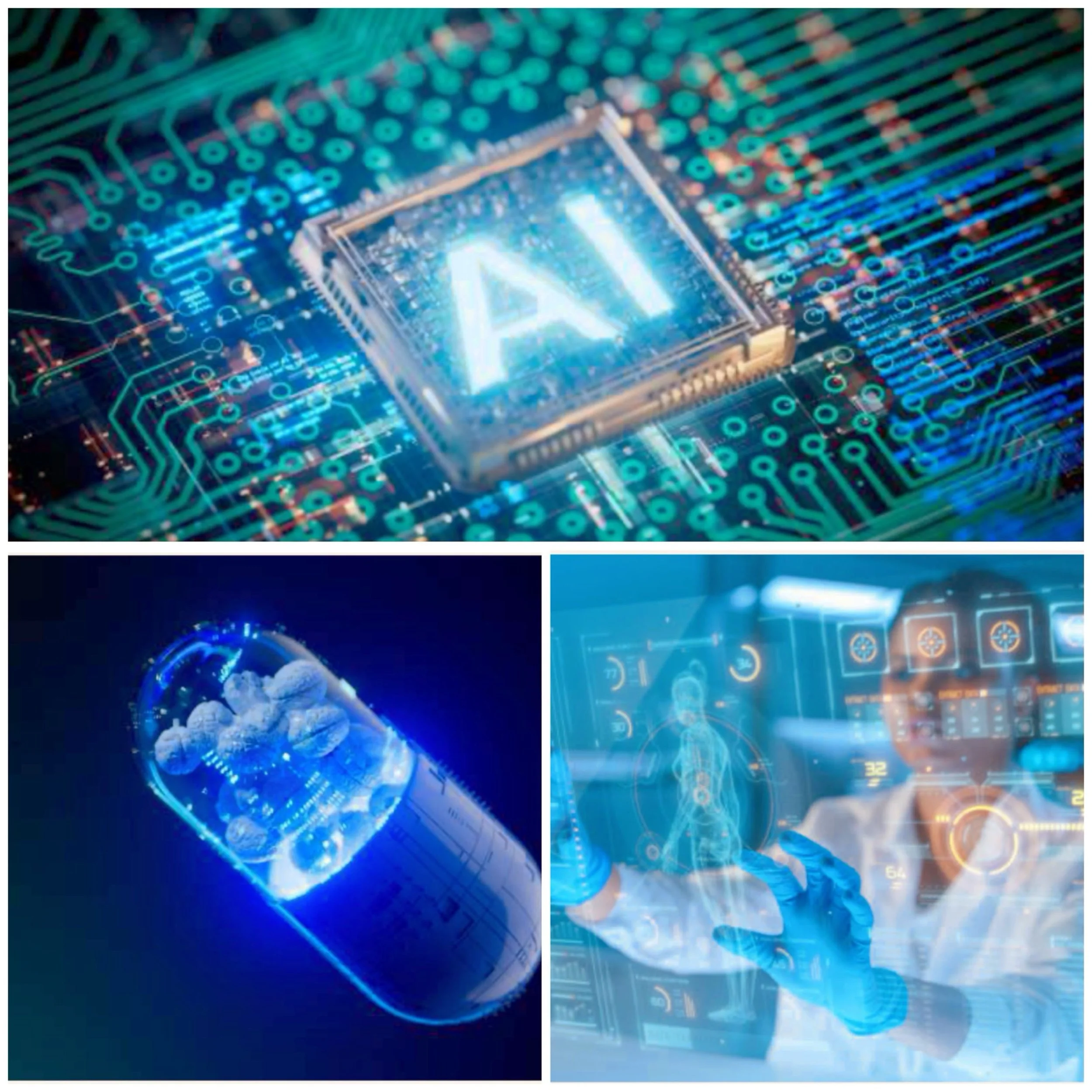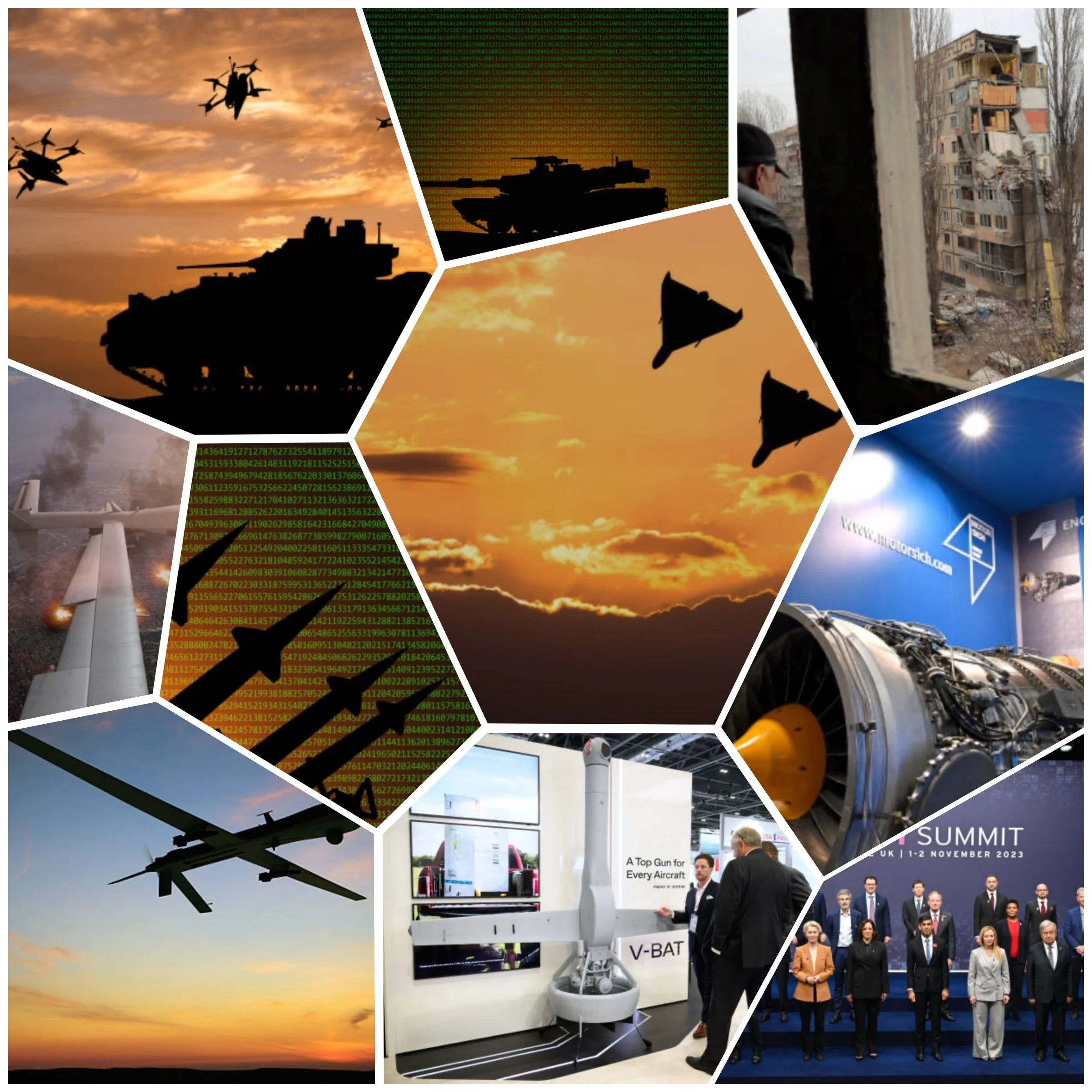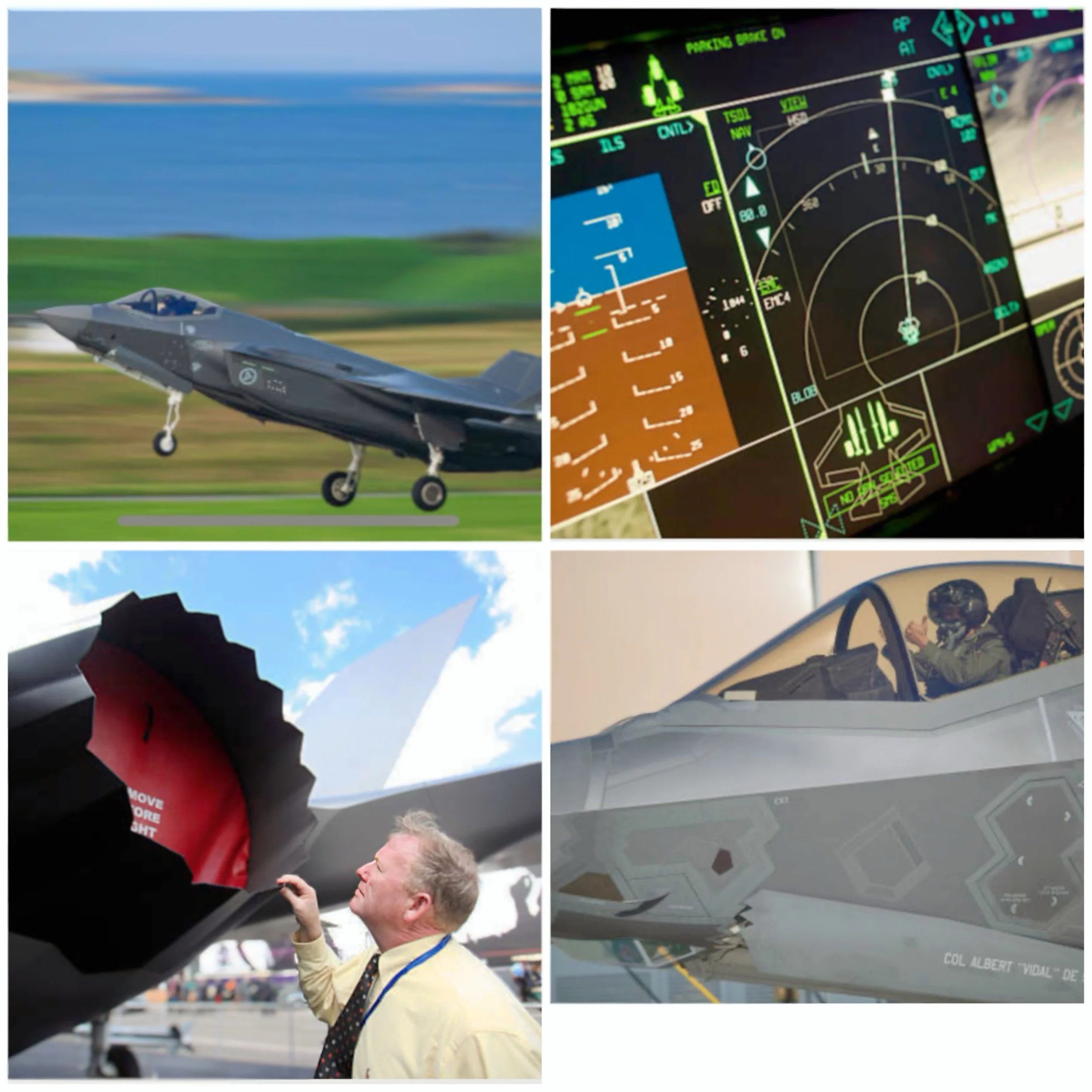What is ahead of AI ? Changing - A new world
Introduction
As we look ahead to 2025 and beyond, several key trends and developments in artificial intelligence (AI) are expected to shape its future:
AI Integration and Adoption
AI is set to become more deeply integrated into various aspects of our lives and work:
By 2025, AI usage among business leaders and decision-makers is expected to reach 75%.
55% of companies are currently using AI, with an additional 45% exploring its implementation.
The global AI market is projected to grow by 38% in 2025.
Advanced AI Capabilities
AI systems are expected to become more sophisticated and capable:
Models with advanced reasoning capabilities, like OpenAI o1, will be able to solve complex problems using logical steps similar to human thinking.
AI will evolve from a tool to an integral part of both work and home life, with AI-powered agents performing tasks with greater autonomy.
Multimodal robot foundation models incorporating vision, language, and arbitrary actions will enable robots to understand and respond to arbitrary language commands.
AI in Various Industries
AI is predicted to transform multiple sectors:
Healthcare: AI will revolutionize diagnosis, treatment, and personalized patient care.
Finance: AI will enable more accurate risk assessment, fraud detection, and personalized financial advice.
Manufacturing: AI will drive automation, predictive maintenance, and intelligent manufacturing in Industry 4.0.
Retail and E-commerce: AI-powered recommendation engines and personalized shopping experiences will reshape the industry.
Emerging AI Technologies
Several cutting-edge AI technologies are expected to gain prominence:
Agentic AI: A new category of generative AI that operates virtually autonomously, making complex decisions and taking actions based on continuous learning.
Humanoid robots: Over 100,000 humanoid robots are predicted to be deployed in the real world by 2030, automating various physical tasks.
Edge AI: AI capabilities will be integrated into smartphones and other connected devices, potentially driving a strong upgrade cycle.
AI Ethics and Governance
As AI becomes more pervasive, there will be an increased focus on responsible development and use:
AI regulation is expected to rise globally, aiming to ensure ethical use of AI technologies and protect privacy.
The concept of “navigating a post-truth world” will become essential as AI-driven disinformation grows more sophisticated.
Challenges and Considerations
Despite the optimistic outlook, experts also highlight potential challenges:
The need to reimagine what it means to be human as AI integrates into most aspects of life.
Concerns over privacy, job opportunities, politics, and democracy as AI becomes more prevalent.
Conclusion
The future of AI promises significant advancements and transformations across various domains, while also presenting important ethical and societal challenges that will need to be addressed.





